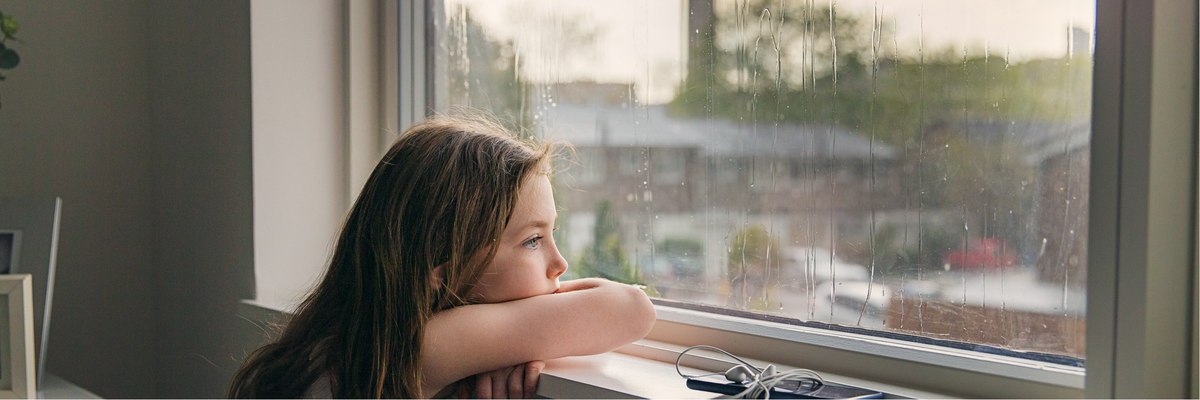One of the most surprising things about public opinion during the coronavirus crisis is just how supportive people have been of lockdown restrictions.
Back in March we saw almost universal support for the first full lockdown, with 93% of the public saying they were in favour of the decision. This level of support is unheard of in public opinion research. In fact, after searching our archives, the only policy we could find that came close to matching this level of support was “planting more trees”.
The public proceeded to support each extension of the full lockdown, content with the new lockdown life. This support for restrictions coincided with high approval for the Prime Minister and his government’s handling of the crisis.
Convincing the public to relax was trickier for the government. While the Eat Out to Help Out scheme was popular, the public were still reluctant to return to their normal life. Indeed, we found in September that just 44% of the public had been to a pub since the restrictions were lifted in July.
Now, in the midst of a second wave, government approval is low, there is confusion over what rules apply where, and the devolved governments have diverged on policies. One thing persists though, public support for lockdown policies.
Recent data looking at a range of different restrictions shows overwhelming support for rules on wearing masks (89%), working from home where possible (87%) and gatherings of no more than 6 (77%). There is also more modest, but still majority, support for more restrictive measures such as banning households from mixing indoors (58%) and a full closure of pubs and restaurants (53%). Where the public do draw the line is on schools, with 56% opposed, although even almost four in ten (39%) are in support.
All these individual measures are one thing, but with Wales currently in their ‘firebreak’ lockdown and talks of a similarly dramatic sounding ‘circuit breaker’ in England, where do the public stand on another full lockdown? In short, they support it. Our latest polling on a two-week full lockdown show that two thirds (67%) would be in favour of this decision, with a quarter (26%) opposed. While this is less support than we saw for the initial restrictions in March, it is still a very strong endorsement of such a restrictive policy.
At a personal level, the public also report that they are continuing to stick to the rules. In fact, four in 10 Brits claim to be taking measures beyond the government rules, with a further 50% saying they are sticking to the government rules. Just 7% of Brits say they are not sticking to all the rules in place.
As things currently stand, the public are even against lifting restrictions for Christmas Day. Fully 49% oppose such an idea, compared to 36% who would prefer a pause on restrictions during the festivities. Indeed 68% of the public think they would be able to abide to the ‘rule of six’ on Christmas Day if it was required to tackle the virus. Time will tell whether the mood changes once the big day approaches.
One issue the government has found when implementing policy is how best to juggle the competing priorities of healthcare and the economy. The public, however, are firmly in the healthcare camp, which goes someway to explaining their continued support for lockdown measures. Four in ten (38%) think the government is currently focussing too much on the economy, compared to just 16% who say they are focussing too much on healthcare.
While a national lockdown would be received positively by the public, they do tend to favour a local approach within each of the four nations. Half (51%) say that lockdown rules should differ in areas depending on local circumstances, compared to 34% who would prefer a blanket policy. Opinion differs by geography though, with the North split on whether a local or national approach would be better and the South firmly in favour of it being decided area by area.
Problems are undoubtedly mounting for the government, with both cases and deaths rising across the country, and as more areas begin to move into Tier 3 restrictions in the coming weeks, we may find support for a national lockdown starting to increase too.
This piece first appeared on inews.co.uk here








